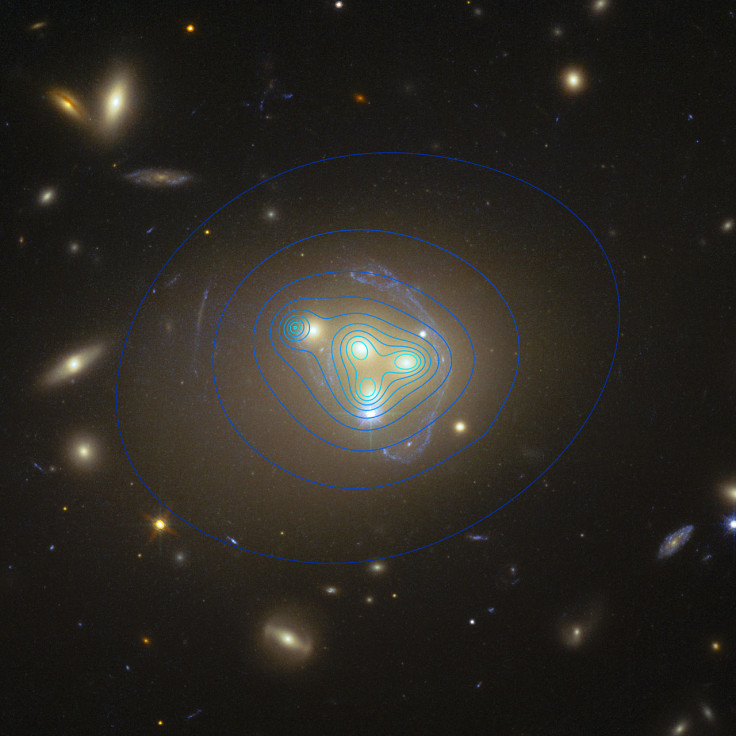China to launch hi-res dark matter space probe with widest observation range

As part of five research projects, China will launch a satellite by the end of this year to search for dark matter.
The dark matter particle explorer (DAMPE) satellite will have the widest observation spectrum and highest energy resolution of any dark matter probe in the world, according to Chang Jin, chief scientist of the project at the Shanghai Engineering Center for Microsatellites (SECM).
It will observe the direction, energy and electric charge of high-energy particles in space in search of dark matter, as also study the origin of cosmic rays and observe high-energy gamma rays.
Most of the key components of the probe have been tested and are functioning well.
The satellite is designed to function for three years and will be launched from the Jiuquan Satellite Launch Center by the end of this year, the SECM said.
Dark matter is what constitutes over 90% of all matter in the universe according to gravitation theories but has not been detected so far.
It was included in particle models to explain why the matter in accelerating galaxies has not spun away.
Overall, 4.9% of the universe is believed to be made of ordinary matter, 25.9% is dark matter and 69.2% dark, unknown energy.
Dark matter can only be observed indirectly through its interaction with visible matter.
China began extension work last year on the world's deepest underground lab in southwest China's Sichuan province, where scientists have been conducting experiments on dark matter.
The Standard Model of particle physics that was developed in the 1970s successfully describes the smallest constituents of matter, but cannot explain the dark matter.
A more recent model based on supersymmetry accounts for many more elementary particles, including dark matter particles. This is being tested in experiments at Atlas and CMS at the Large Hadron Collider at Cern.
3 more satellites
China's space study programme also plans to launch three more satellites within the next two years, including one retrievable scientific research satellite, one for quantum science experiments, as well as a hard X-ray telescope for black hole and neutron star studies.
China's space missions have increasingly been under the US radar for what are seen as disguised anti-satellite tests for countering probes in geosynchronous earth orbit. A recent rocket mission claimed by China to be meant for studying high energy particles in the atmosphere was suspected by Pentagon of being anti-satellite tests.
China in turn has accused the US defence of carrying out spy satellite tests under the garb of its orbital test programme.
© Copyright IBTimes 2025. All rights reserved.





















